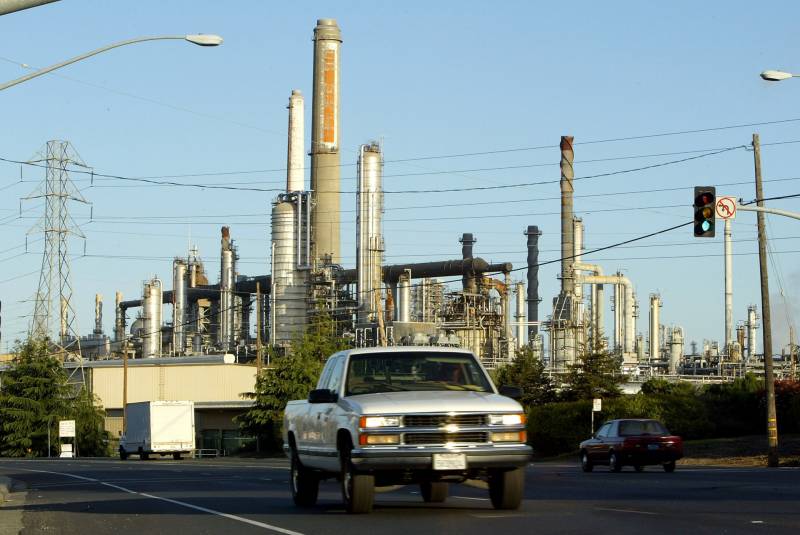“Pending regulatory and other approvals … we now anticipate that the transaction will close during the first quarter of 2020,” Karlovich said last week in an email.
Betsy Lordan, a FTC spokeswoman, said she could not comment on what specifically prompted the subsequent request for more information, but in general it represents worries from regulators.
“When one of the antitrust agencies issues a second request, it is because the initial review has raised antitrust concerns that warrant closer examination,” Lordan said Monday in an email.
Second requests take place in less than 4% of such mergers, said Aaron Edlin, a professor of law and economics at UC Berkeley, who specializes in anti-trust issues.
The queries “indicate that the agency has concerns about the impact of the merger on competition,” Edlin said.
“More information could alleviate those concerns but if the agency continues to be concerned it can challenge the merger or negotiate with the companies to get some pro-competitive concession,” he said.
PBF disclosed the delay to investors during an earnings call in late October, but it did not gain wide attention.
Company president Matthew Lucey said then that he expected the deal to close in the first half of the first quarter of 2020.
“But again, it’s not completely in our control,” Lucey said.
When asked about the status of the deal, Shell did not indicate any problems with the proposed transaction.
“Shell’s Martinez Refinery divestment deal with PBF Holding Company, LLC, continues to move forward towards closing while working through all necessary regulatory approvals and execution of key implementation activities,” said spokesman Ray Fisher.
In June, Shell said the sale was part of the company’s efforts to focus on a “smaller, smarter refining portfolio.”

